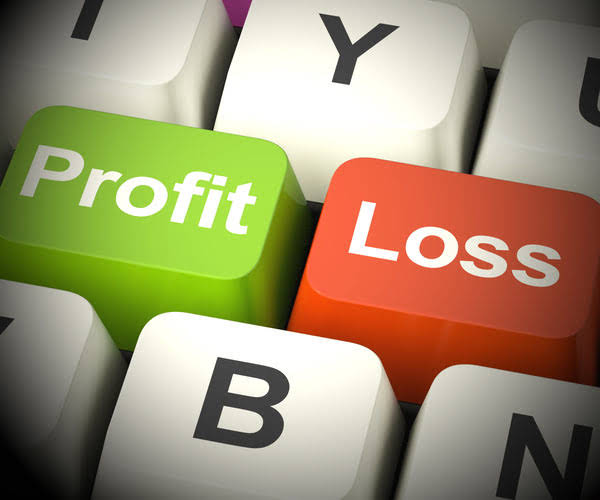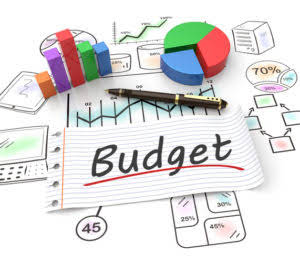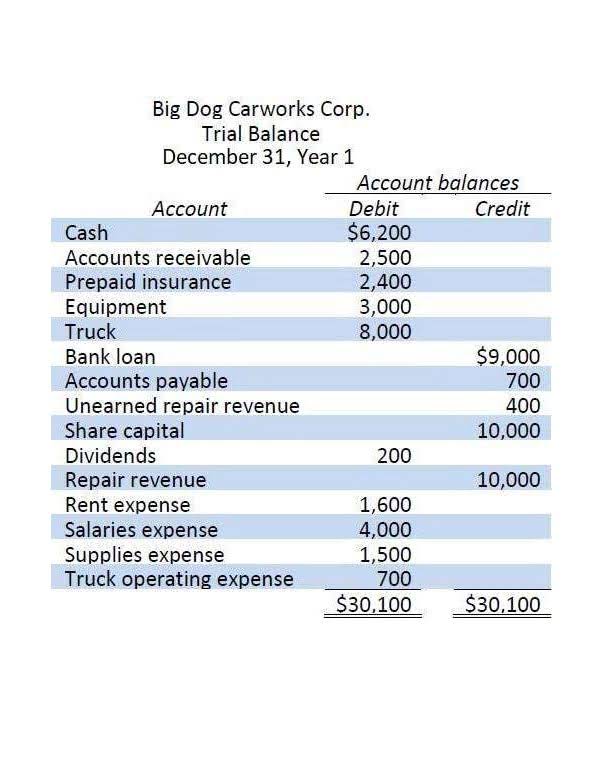
The other half is actually finding one that you can rely on to serve your accounting needs at the accounting services for startups rapid pace of a startup. You will want to make sure you find the right fit for your goals, your industry, and your culture. Here are the things to look out for when looking for an accountant for startups. A role that is sometimes overlooked is that of the controller or comptroller.
Financial Forecasting

You’ll have to be on top of critical business metrics, such as the cost of customer acquisition, the lifetime value of a customer and your break-even point. If you do your own accounting, make sure you understand the core principles of financial management, bookkeeping, taxes, and other basics. Doing your own accounting is a time commitment, and it requires regular tracking and updating to keep up with your finances. Once your business grows past a certain level, it’ll probably mean bringing in a professional. The right software automates many of the tasks involved in accounting for startups, including invoicing, expense tracking, and bank reconciliation.
What lessons can be learned from financial reporting failures?
Essential tools include accounting software, FP&A tools, and data visualization solutions. Limited resources and expertise can lead to errors, delays, ledger account and non-compliance in financial reporting, which can hinder the startup’s growth and ability to attract investors. Utility costs, tied to office operations, vary with size, location, and usage. Energy-efficient solutions, such as LED lighting or smart thermostats, can reduce expenses and support sustainability efforts. Monitoring utility consumption can identify opportunities for savings, while energy audits can provide insights into efficiency improvements. Understanding the tax implications of leasing expenses or property ownership, including potential deductions or credits, is vital for financial planning.
Oversight of Business Credit Cards
- Whether you use an accountant or bookkeeper to manage your finances, or handle them yourself, accounting software is a great tool to simplify your financial burden.
- Once you have selected the type of business entity your startup will be, you need to open a business bank account.
- You’ll likely need to call in an accounting professional for the transition.
- Launching a startup demands meticulous financial planning to ensure sustainability.
- In SaaS, income is generated from subscriptions rather than one-off sales.
- If you’d like expert advice on accounting automation and software solutions, explore FinOptimal’s managed accounting services or connect with our team through our contact page.
- An accountant for startups will also be familiar with the funding cycle and what investors like to see at each stage.
Customers will be given the choice to port their data or keep their service under new ownership, Charney told TechCrunch. Typically, the earlier, the better, because you will be set up with the best financial practices from the beginning. Entries will need to be added to the correct account, such as cash, expense, or inventory.

Entrepreneurs should also prioritize reliability and quality by reading startup tax services reviews. Reviews can provide insight into a preparer’s reputation, reliability, and customer service quality. Engaging a reputable service can save time and prevent costly mistakes in the long run. Discover key insights into managing startup costs effectively to ensure your business thrives from the outset. Zeni is a full-service finance firm that handles startups’ bookkeeping, accounting, yearly tax, and CFO needs with speed and accuracy.

Startup Accounting: The Ultimate Guide for Founders
Accurate recordkeeping – known as “bookkeeping”” in the accounting world, is important to ensure you are keeping track of how the company is growing revenue and spending it’s cash. It will be very important if a major corporation asks to acquire you for hundreds of millions of dollars, or if you are raising outside funding from a professional investor. Budgeting, modeling, burn rate, cash out dates, and other critical information are an essential part of running your startup. And while it’s pretty easy to download and complete a free financial model, you also need to make sure that information is interpreted correctly. Beyond just creating budgets, your accountant can help you with forecasting, analyzing key performance indicators (KPIs), and developing a financing strategy.
- It is critical for your startup’s financial health and ultimate success.
- You have to make these employer tax payments every time you give your employees their wages.
- It automatically creates a record for each financial transaction and helps you pay bills, schedule invoices, and create financial reports.
- This event would be reflected as equity purchased or repurchased on the cash flow statement.
- The cash flow statement records money entering and leaving the business.
- Choosing the right accounting method also plays a role in tax optimization.
- They will have a working knowledge of the cost of various options to help you arrive at a solution that fits your business plan and budget.
To ensure that journal entries have been recorded and posted correctly, small businesses use the trial balance accounting method to double-check account balances for a given time period. A trial balance ensures that the debit and credit balances in the ledger accounts match. Keeping accurate accounting from day one can make your job a lot easier in the long run, and avoid costing you time and money. At the very least, you’ll need to make sure you are keeping accurate records, even if your startup isn’t ready for an in-depth financial analysis. The accrual method of accounting is more complex and includes accounts receivable and accounts payable line items.

An efficient COA ensures accurate categorization and tracking of financial transactions, facilitating easy monitoring of revenue and business expenses. With a well-managed COA, startups can make informed business decisions based on reliable financial data. Both are numbers-related, but bookkeeping and accounting bookkeeping and payroll services are not quite the same things. Bookkeeping is the process of tracking all financial records—mainly income and expenses. The term dates back to the olden days when business owners tracked finances in paper books. Accounting software can be a great way for a startup to improve its accounting.